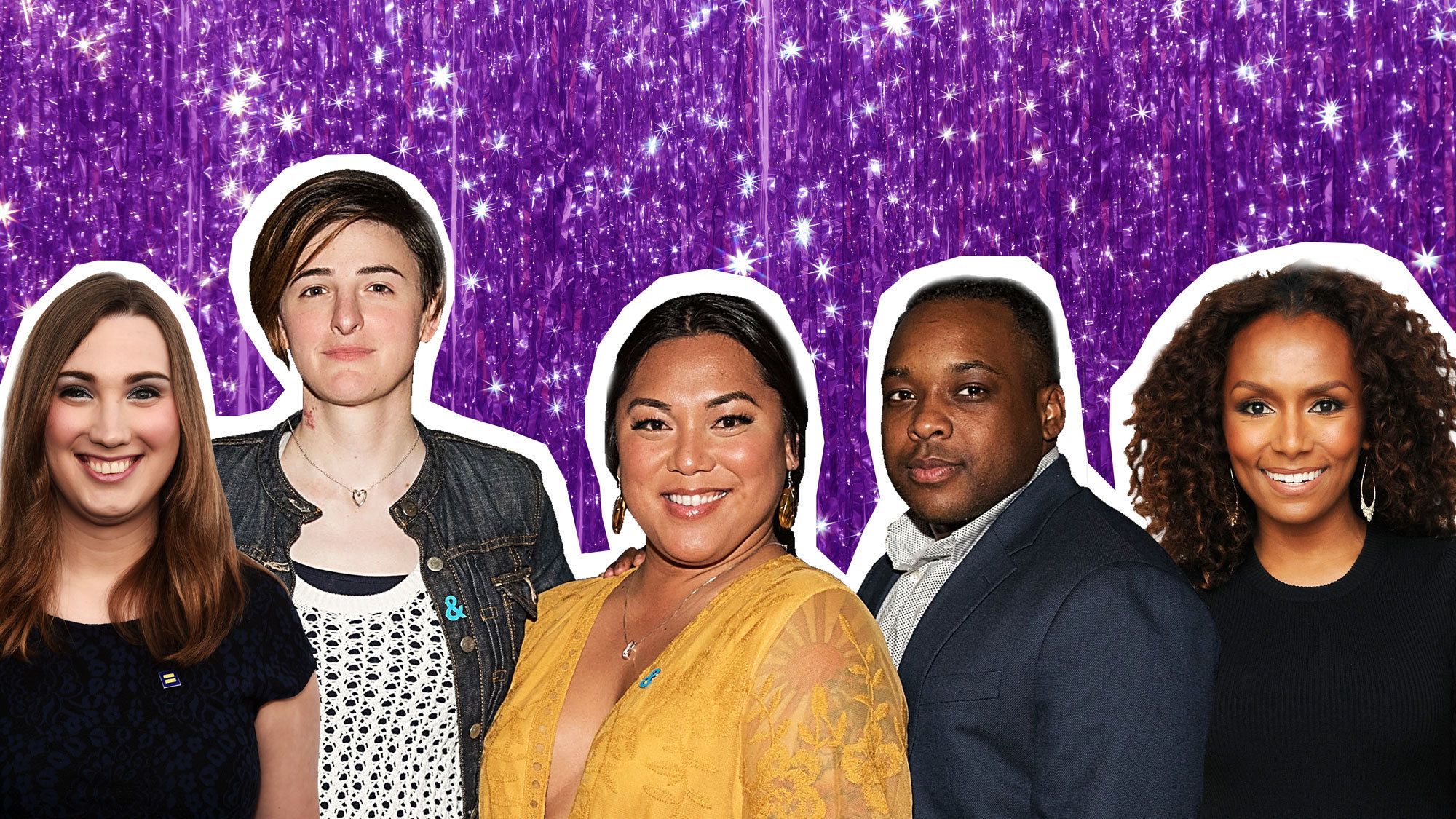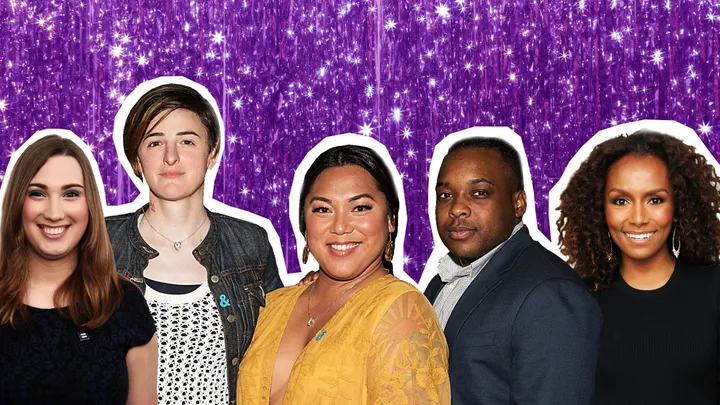
Transgender people have never been more visible in the media than they are today. Over the past year, it seems like not a week goes by without transgender people and issues being front and center in the national news. But not all publicity is good publicity.
The news usually involves some new government action, aimed at punishing transgender people for, well, existing, as far as I can tell. Whether it’s retracting protections for transgender students, withdrawing the lawsuit against North Carolina’s “bathroom bill,” dropping transgender people from the 2020 census, withdrawing guidance on protecting homeless transgender people, the Department of Justice endorsing the legality of employers discriminating against transgender employees ― almost any mention of transgender coming out of Washington these days seems to be bad news.
And then it just gets worse. The Trump administration’s rash decision to ban most transgender people from the military was based on malice and not any sort of evidence. Now, it has produced evidence retroactively that comes from anti-LGBTQ hate groups like the Family Research Council and Alliance Defending Freedom. The administration’s “study” was written primarily by a theologian who works at the conservative Heritage Foundation, not a doctor or someone who has actually served in the military.
At the state level, dozens of bills were introduced aimed at making the lives of transgender people more difficult. At the local level, past school board meetings discussing transgender students were often contentious and full of inaccurate statements about transgender people. During testimony over these bills and policies, there were hours upon hours of testimony alleging that this was about choosing between “the right to declare your gender and the right of a parent to protect your child.”
I also read Ryan T. Anderson’s anti-transgender book, which writer Jenny Boylan wryly noted required “many minutes of meticulous research,” to produce. Anderson tries to paint a picture of transgender people as both pitiable, mentally ill wretches who would quickly detransition if only given the opportunity, and as a powerful lobby that will destroy the American family and way of life. While this neither resembles me or any of my other successful transgender friends, the lack of truthiness (or even coherent narrative) hasn’t stopped the book from becoming #1 on Amazon’s list of “Social Policy” books.
There were also efforts to prevent people from talking positively or truthfully about transgender people. The folks at the Centers for Disease Control were told not to mention the word “transgender” if they wanted their grant proposals to be approved. Indiana similarly introduced a bill prohibiting teachers from talking about gender identity.
Thus, after all of this publicity in the past year, I reluctantly was forced to conclude that the only people who talk about transgender people (more than transgender people themselves), are the ones who would be much happier if there weren’t any transgender people to talk about in the first place.
But this isn’t transgender visibility.
This was visibility of the straw man created by the same social conservatives who are opposed to transgender people existing in the public sphere.
Real visibility requires actual transgender people living authentically and openly. When we put ourselves out there, it is the most powerful weapon we have to fight back against the caricatures put forth by people like Anderson. When you have friends, neighbors and colleagues at work who are successful, happy and well-adjusted transgender people, it negates the narrative that all transgender people are human wreckage. When transgender people and their families stand proudly together, it is a concrete example that transgender people are an intrinsic part of families rather than some sort of shadowy threat.
This principle was evident at this year’s SXSW festival in Austin, Texas, where the documentary “TransMilitary” premiered to great reviews. The film shows two years in the lives of four members of the armed forces as they strive to serve their country openly as transgender people. The Texas Observer described it as “the LGBT advocacy film middle America needs to see.”
Nothing pushes back more effectively on the narrative that transgender people are a distracting and expensive burden on the military than actual video footage of them serving overseas, doing their jobs well and being accepted by their families and comrades in arms. The reviewers understand that this sort of visibility provides irrefutable counter-narratives, and make it a “movie you show your homophobic aunts and uncles who want to make America great again.”
Other examples of real visibility include Janet Mock’s speech at last year’s Women’s March in Washington, Sarah McBride’s memoir Tomorrow Will be Different, and actress Daniela Vega presenting at the Oscars. These women are strong, intelligent, successful examples of what transgender people can do with their lives when given the opportunity to thrive.
Every transgender person can make a difference, as well. In 2015, the percentage of people who knew a transgender person had doubled from 8 percent to 16 percent over the previous seven years. This is critical, since one of the best predictors of LGBTQ acceptance is knowing an LGBTQ person. While documentaries like “TransMilitary” are fantastic, it is even harder to deny living, breathing examples you know personally.
At the same time, it diminishes the straw man pretending to be us. Real visibility turns the tables dramatically in terms of the public narrative. It reduces powerful and well-funded social conservatives to asking the public to trust their caricature over actual experiences with transgender people. In the end, their sales pitch then becomes no better than Chico Marx’s when he asked, “Who ya gonna believe? Me, or your own eyes?”
In bringing our best selves to our communities, we create networks of people who know a transgender person as a friend, neighbor or colleague. If we do not define ourselves, others will do it for us.
The SCOTUS Event Horizon for the LGBT Movement

Stop for a moment. Imagine how bad it will be…
